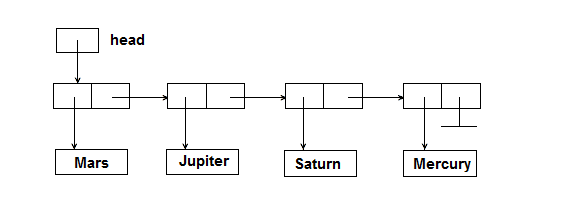- What output does the following program produce?
public class theValue {
public static void main(String[] args) {
System.out.println(theVal(1,7,7));
}
public static int theVal(int A, int B, int N) {
int returnVal;
System.out.println("Enter: A = " + A + " B = " + B);
int C = (A + B ) / 2;
if (C * C <= N)
returnVal = C;
else
returnVal = theVal(A, C-1, N);
System.out.println("Leave: A = " + A + " B = " + B);
return returnVal;
}
}
- What output does the following program produce?
public class RecursionTest {
public static void main(String[] args) {
R(5,3);
}
static void R(int X, int Y) {
if (Y > 0) {
X++;
Y--;
System.out.println(X + " " + Y);
R(X,Y);
System.out.println(X + " " + Y);
}
}
}
- What output does the following program produce?
public class RecursionTest {
public static void main(String[] args) {
System.out.println(f(6,8));
}
public static int f(int k, int n) {
if (n == k)
return k;
else
if (n > k)
return f(k,n-k);
else
return f(k-n,n);
}
}
- What output does the following program produce? What argument
values, if any, could you pass to F that would cause the program
to run forever?
public class RecursionTest {
public static void main(String[] args) {
System.out.println("F(8) = " + F(8));
}
static int F(int N) {
System.out.println("F entered with N = " + N);
if (N >= 0 && N <= 2) {
return N+1;
}
else {
return F(N-2) * F(N-4);
}
}
}
- Write a recursive function that will compute the sum of
the first N integers in an array of at least N integers.
(Hint: begin with the Nth integer.)
- Given an integer N > 0, write a recursive function that
writes the integers 1, 2, ..., N.
- Write a recursive function writeLine
that writes a character repeatedly to form a line of
n characters. For example, writeLine('*',5)
writes the line *****.
- Write a recursive function writeBlock
that uses writeLine to write m lines of
n characters each.
For example, writeBlock('*',5,3)
produces the output:
*****
*****
*****
- Perform a box trace of the recursive binary search function
with the array containing the values 1, 5, 9, 12, 15, 21, 29, 31
when searching for each of the following values:
- 5
- 13
- 16
- Imagine that you have 101 dalmations and that no two dalmatians
have the same number of spots. Suppose that you create an array of
101 integers: the first integer is the number of spots on the first
dalmatian, the second integer is the number of spots on the second
dalmatian, and so on. Your friend wants to know whether you have a
dalmatian with 99 spots. Thus you need to determine whether your
array contains the integer 99.
- If you plan to use binary search to look for the number 99,
what do you need to do to the array before you search it?
- What is the index (subscript) of the integer in the array
that binary search would check first?
- If all your dalmatians have more than 99 spots, how many
comparisons will the binary search require to determine
that 99 is not in the array?
- Write a recursive function numevens(LLNode<Integer> list) to
count and return the number of even
numbers in a linked list of Integers.
- Write a recursive function contains(int target, LLNode<Integer> list)
that returns true if target is found in list, and returns false if
target is not found in list.
-
public static boolean paltest(String str) {
boolean result = false;
if (str.length() <= 1)
result = true;
else {
if (str.charAt(0) == str.charAt(str.length()-1))
result = paltest(str.substring(1,str.length()-1));
}
return result;
}
- Trace the following call to paltest and tell what
is returned:
paltest("abcba");
- Trace the following call to paltest and tell what
is returned:
paltest("abcxycba");
-
static void prback(LLNode<String> head) {
if (head == null)
return;
else {
prback(head.getLink());
System.out.println(head.getInfo());
}
}
Trace prback and show what is printed if head points to the
following list:

- Write a recursive function to perform a linear search of an array of ints:
given an array of ints and an int value,
search the array for value. Return -1 if
value is not found, otherwise return the subscript where value is found.
- Write a recursive function to count and return the number of even numbers in
an array of ints.
- Write a recursive function to perform a linear search of an array of ints:
given an array of ints and an int value,
search the array for value. Return -1 if
value is not found, otherwise return the subscript where value is found.
- Write a recursive function to reverse a String. For example, if
the function is called with the String "winter is coming", it should
return "gnimoc si retniw".
